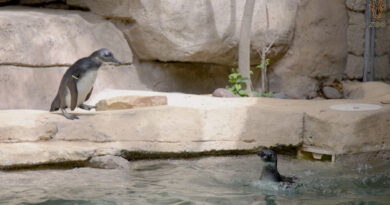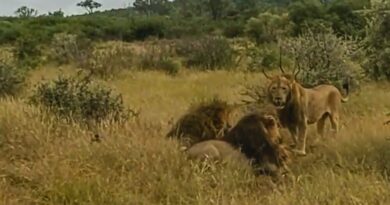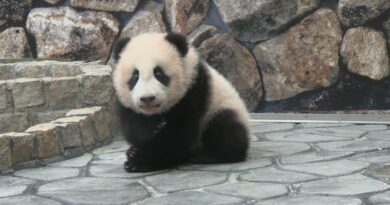Worlds Oldest Zoo Welcomes 30 Rare Baby Fish That Are Extinct In The Wild
The world’s oldest zoo in the Austrian capital Vienna has welcomed 30 rare baby fish that are extinct in the wild.
These La Palma pupfish (Cyprinodon longidorsalis), which are extinct in the wild according to the International Union for Conservation of Nature’s (IUCN) Red List of Endangered Species, originally come from a freshwater spring in Mexico.
They were endemic to Mexico before going extinct in the wild in 1994. They went extinct after their habitat was encroached upon by human activity. The fish is a ray-finned fish that can typically grow to about 5 centimetres (2 inches) in length.
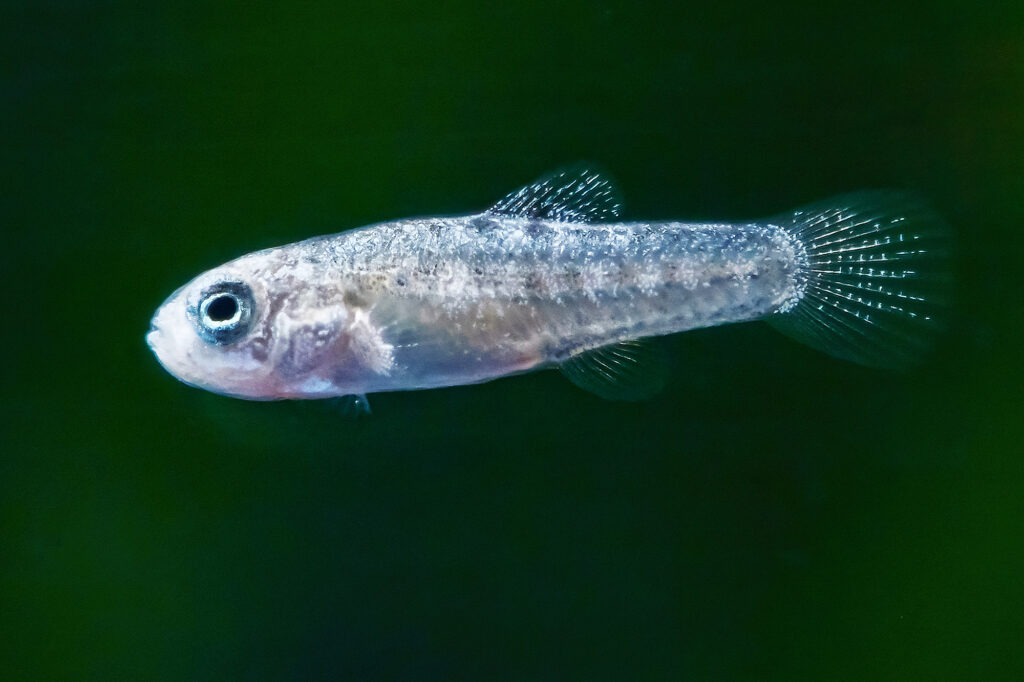
Ray-finned fish (Actinopterygii) earned their name because they have fins that are, in fact, webs of skin propped up by thin, bony spines, or rays.
The zoo said in a statement obtained by Newsflash that the blue shimmering fish, like other related species, are considered extinct in the wild.
Roland Halbauer, who is an expert in marine animals at the Schoenbrunn Zoo, called the 30 new arrivals “our New Year’s babies” and said that zoo had been breeding the species successfully for over 10 years. He said that the 30 new arrivals had hatched from eggs at the zoo.
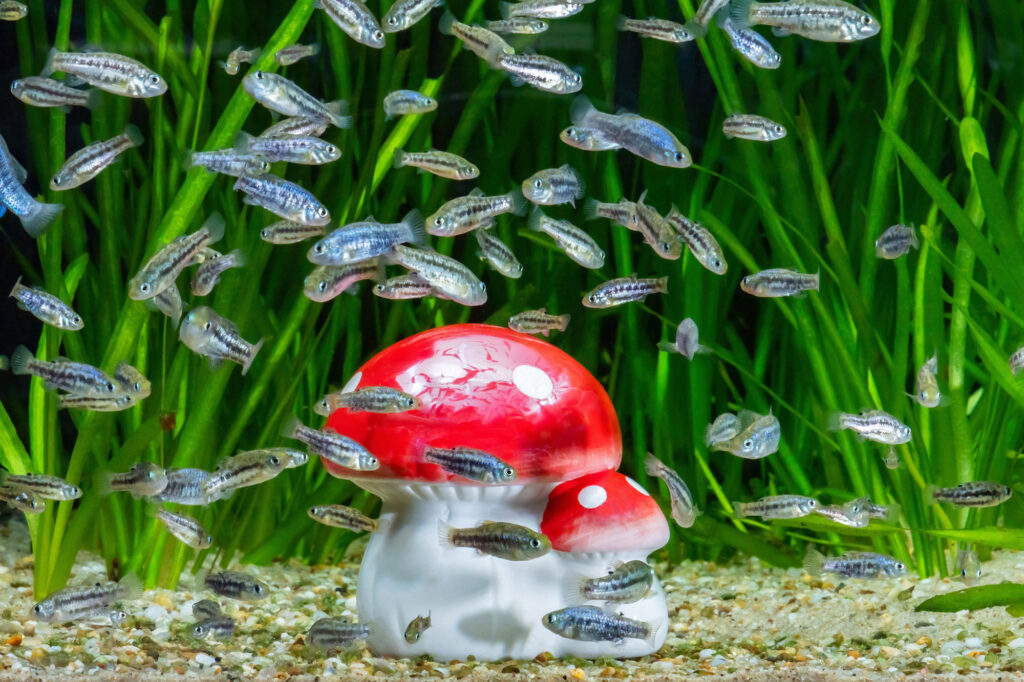
Conserving species that are endangered or extinct in the wild is a top priority for the zoo, with more and more animals listed as endangered every year.
Zoo Director Stephan Hering-Hagenbeck said that the Vienna zoo, which claims that it is the world’s oldest zoo, supports the ‘Reverse the Red’ species protection initiative, which is a joint initiative launched by the IUCN and the World Association of Zoos and Aquariums (WAZA).
He added: “Species that have been extinct in nature, such as the Potosi pupfish (Cyprinodon alvarezi) are bred so that they do not disappear irretrievably from our earth. This way you can collect information about their way of life and ideally relocate them.”
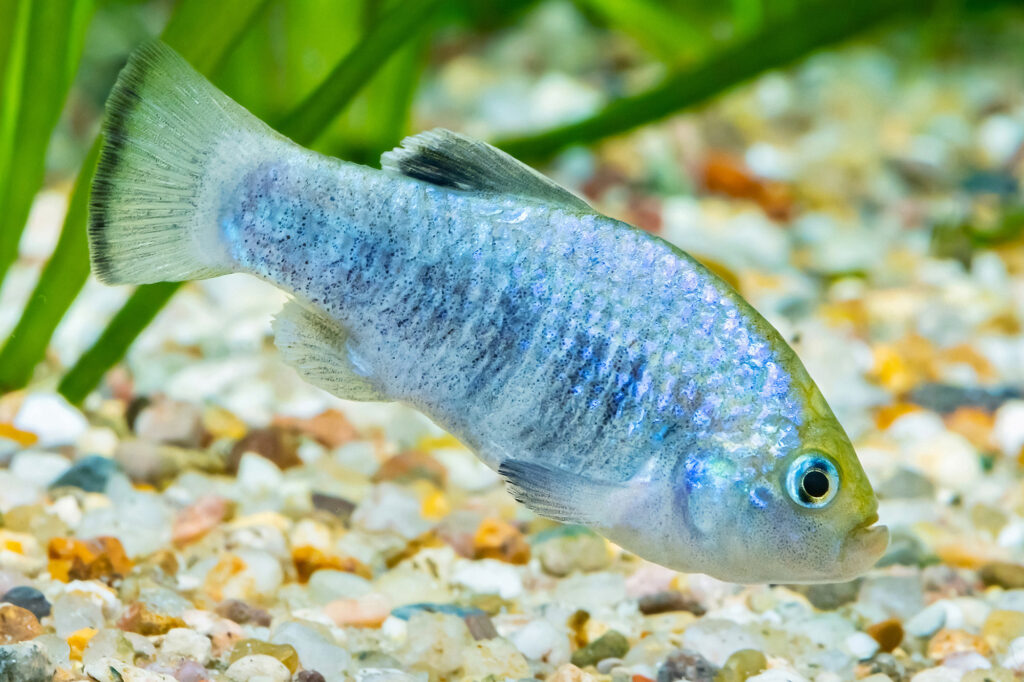
The Reverse the Red species protection initiative is, according to its website, “a global movement that ignites strategic cooperation and action to ensure the survival of wild species and ecosystems. Data-driven and collaborative, we provide the tools and partnerships to unite stakeholders and catalyze conservation impact.”
WAZA is an umbrella organisation that represents the world zoo and aquarium community, helping to support them and lead the way in conservation. It is also geared towards educating people about the environment and about global sustainability, since its inception in 1935.

